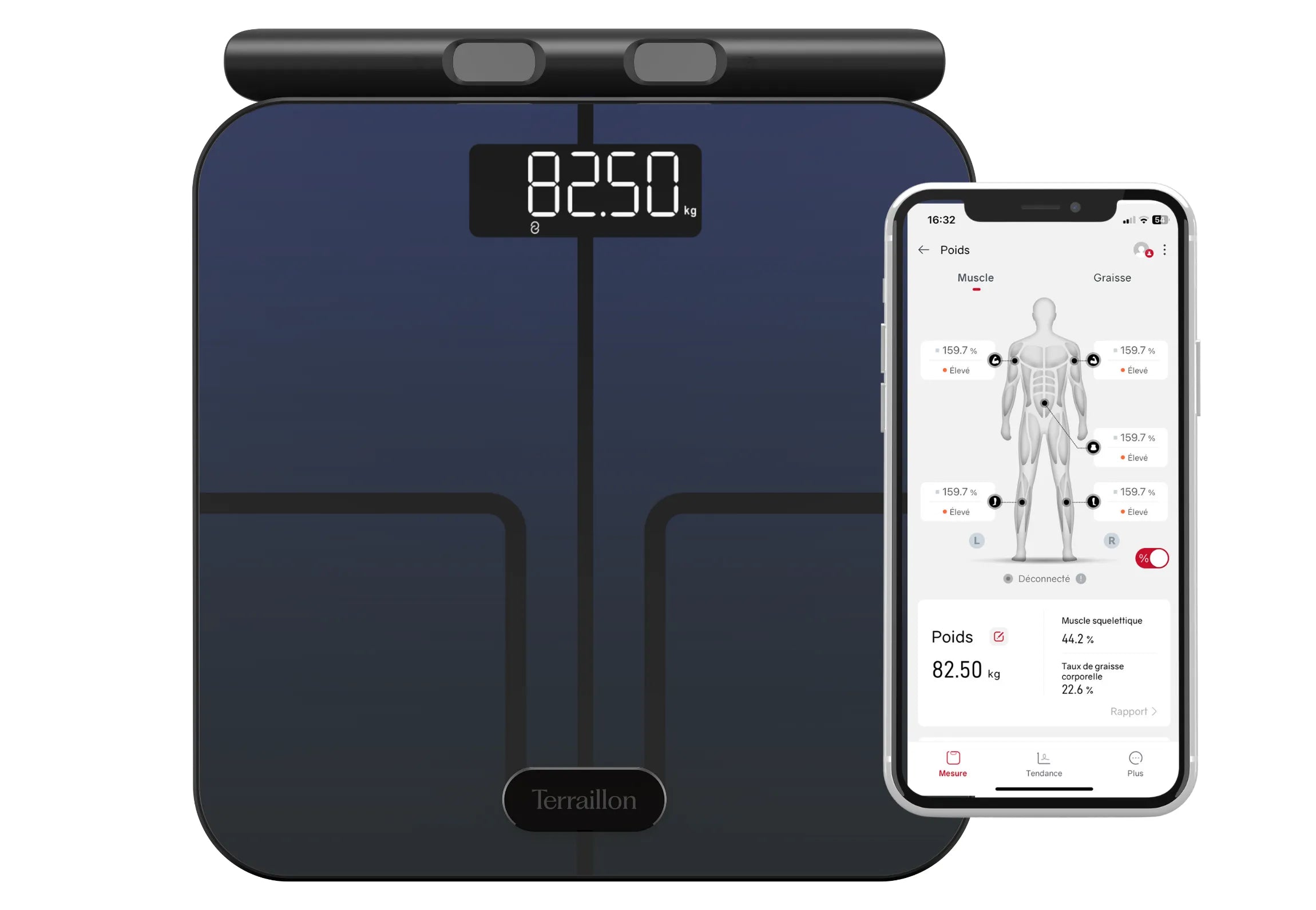Our CSR approach is based on three pillars
Responsible economy, social inclusion and respect for the environment.
We integrate them into our products, practices and relationships on a daily basis.


- Customer listening & continuous improvement
- Fair relations with our partners and suppliers
- Respect for business law
- Ethical Business Practices
Sustainable partnerships, serving quality.


- Diversity & Equal Opportunities
- Welcoming young talents through internships and work-study programs
- Partnership with Avenir Apei for the maintenance of green spaces
- Gender parity & local employment
- Training & professional interviews
- Solidarity donations (hospitals, schools, etc.)
- Member of the 1% for the Planet collective
Because a human company makes a difference.


- -1.8 million plastic bags since 2020
- Reduced packaging & recycled materials (Green Collection)
- Durable products, rechargeable or battery-free
- Hybrid car fleet, without diesel
- Zero paper & digitalization
Less waste, more positive impact.


At Terraillon, we have always been committed to innovating responsibly.
Today, we are proud to join the Coq Vert community as a scout , a status that reflects our concrete commitment to the ecological transition. This network, supported by Bpifrance and ADEME, brings together companies that are taking action for the climate and biodiversity.
We contribute to this dynamic through our eco-design actions, the sustainability of our products and the reduction of our environmental footprint.
This is a new step in our desire to combine innovation and responsibility to build a more sustainable future.
















